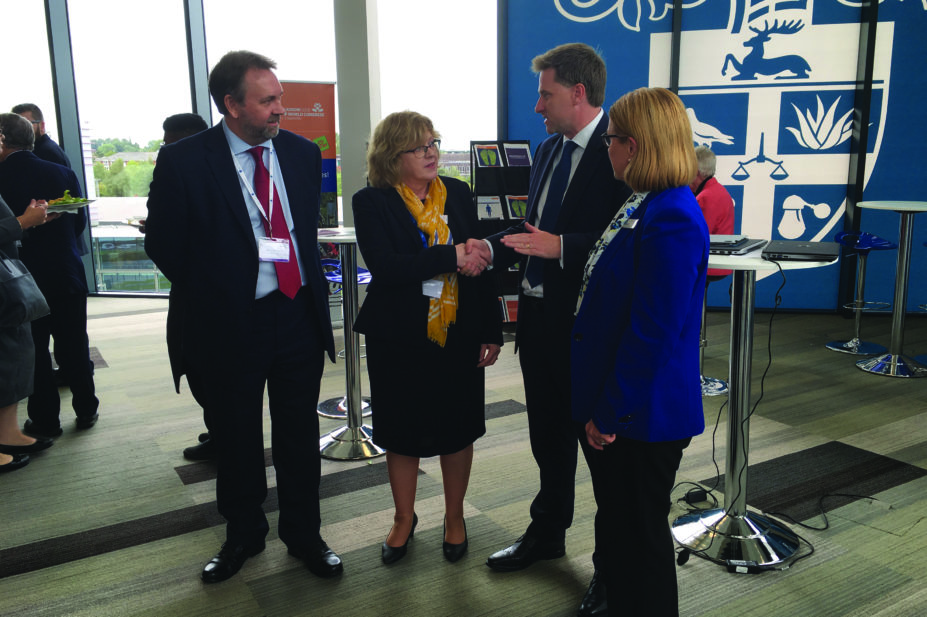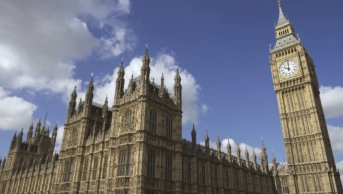
Royal Pharmaceutical Society
The pharmacy profession is highly regarded as “can-do” in government, but it may have been underused in the past, new pharmacy minister Steve Brine, told the Royal Pharmaceutical Society (RPS) 2017 annual conference.
“Since I became the minister, I heard a wide range of ideas to make better use of the skills held by your profession,” he told delegates.
“We recognise that to date we have not made the best use of pharmacists and pharmacy teams as effectively as we could do — I am determined to correct this.”
Brine, who was appointed minister responsible for public health and primary care in June 2017, said he was “genuinely delighted” to be awarded the role and the “breadth of the brief” would enable him to work across traditional boundaries and improve the integration of pharmacy in the various public health pathways.
He acknowledged the increasing pressure being experienced by the NHS highlighting that between 2005 and 2015, there was a 50% increase in the total number of prescription items dispensed in the community in England, despite the population only growing by 8%.
“It is a challenge for any government — but one we are up for,” he said, adding that it was clear to him that pharmacy professionals were keen to play their part in addressing that challenge.
“Pharmacy is one of the most positive can-do parts of the healthcare system in this country and that’s a huge asset for the public that we serve,” he said.
During his address, the minister acknowledged the RPS’s newly-launched policy on antimicrobial stewardship (AMS) and said that he felt pharmacists across the sector were taking action against the “grave threat” of antimicrobial resistance. According to Brine, the highest number of antibiotic guardian professionals came from pharmacy teams and students — 25% of 42,000 pledges since the Public Health England campaign launched in 2014.
The minister also referred to the long-debated topic of the decriminalisation of dispensing errors assuring delegates that he shared their frustration around the lack of progress. He also said ensuring the legislation was laid before Parliament was a personal priority for him coming into this post.
“In return, as patients and the public rightly expect, pharmacy professionals need to continue to increase the reporting of, and learning from, incidents to improve patient care and reduce the risk of harm,” he said.
In addition, Brine mentioned the £42m that has been invested by government in the Pharmacy Integration Fund and said that it was important to evaluate the programme, and in particular, the current work, to integrate pharmacists in GP practices and other settings. Learnings from that evaluation and the Murray Review of community pharmacy clinical services will then help in shaping efforts to optimise the skills of pharmacists and pharmacy teams of the future.
He concluded by re-emphasising the government’s commitment to work with pharmacists and draw on their “undoubted expertise” in order to meet the current healthcare challenges.
“I’m determined that this will enable a vibrant future for pharmacy with the delivery of safe and effective services at the core of everything we do.”

